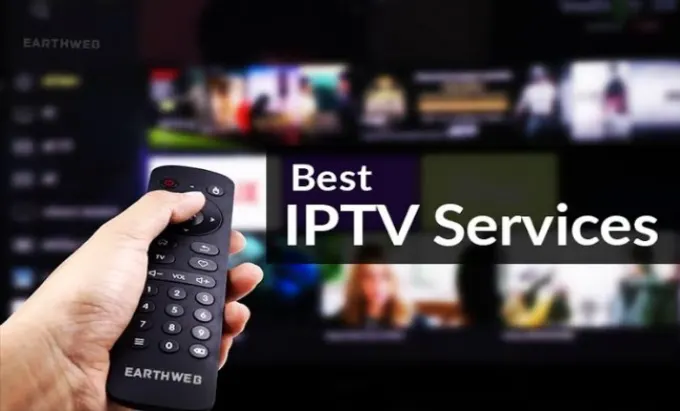
The Evolution and Benefits of IPTV Services
AlexJones
- 0
- 251
In recent years, the way we consume television and media has undergone a dramatic transformation, largely thanks to the advent of iptv abonnement (Internet Protocol Television) services. IPTV represents a significant departure from traditional broadcast and cable TV models, offering a more dynamic and customizable viewing experience. This article explores what IPTV is, how it works, its benefits, and its impact on the media landscape.
What is IPTV?
IPTV stands for Internet Protocol Television, which essentially means delivering television content over internet protocol networks. Unlike traditional television services that rely on satellite signals or cable connections, IPTV uses broadband internet connections to stream media content to viewers. This technology allows users to access television channels, movies, and other video content through internet-connected devices such as smart TVs, computers, smartphones, and set-top boxes.
How Does IPTV Work?
The underlying technology of IPTV involves encoding and transmitting video streams as data packets over IP networks. These packets are then decoded by the viewer’s device, allowing for real-time streaming of media content. There are two primary methods through which IPTV services are delivered:
- Live IPTV: This involves streaming live TV broadcasts as they happen, similar to traditional cable or satellite TV services. Users can tune into live channels and watch events as they unfold in real time.
- Video on Demand (VoD): IPTV also supports video-on-demand services, where users can select and watch content from a vast library of movies, shows, and other videos at their convenience. This flexibility is a significant advantage over traditional broadcast schedules.
Benefits of IPTV Services
1. Wide Range of Content:
IPTV services typically offer a broader range of channels and content options compared to traditional TV providers. Users can access international channels, niche programming, and specialty content that may not be available through conventional broadcasting.
2. Interactive Features:
IPTV enables interactive features such as on-screen program guides, instant playback, and interactive advertising. Users can pause, rewind, or record live TV, enhancing the viewing experience.
3. Multi-device Compatibility:
IPTV can be accessed on various devices, including smart TVs, computers, tablets, and smartphones, providing flexibility and convenience for users to watch their favorite shows anytime, anywhere.
4. Cost-effectiveness:
Depending on the provider, IPTV services can be more cost-effective than traditional cable or satellite subscriptions, especially when bundled with internet and phone services.
5. Improved Quality and Reliability:
With advancements in internet speeds and streaming technologies, IPTV services can deliver high-definition (HD) and even 4K Ultra HD content with minimal buffering, offering a superior viewing experience.
Impact on the Media Landscape
The rise of IPTV has had a profound impact on how media content is distributed and consumed globally. It has fueled the growth of over-the-top (OTT) streaming services, which deliver content directly to viewers via the internet, bypassing traditional distribution channels. This shift has led to increased competition among media companies, prompting innovation in content creation, distribution models, and viewer engagement strategies.
Furthermore, IPTV has democratized access to media content, allowing smaller producers and content creators to reach global audiences without the need for costly infrastructure investments. This democratization has fostered diversity in content offerings, catering to niche markets and specialized interests that may not have been served by traditional media outlets.
Conclusion
In conclusion, IPTV represents a transformative technology in the media and entertainment industry, offering consumers greater choice, flexibility, and interactivity in how they access and consume television content. As internet speeds continue to improve and streaming technologies evolve, IPTV is likely to become an increasingly dominant force in shaping the future of television and media consumption worldwide.